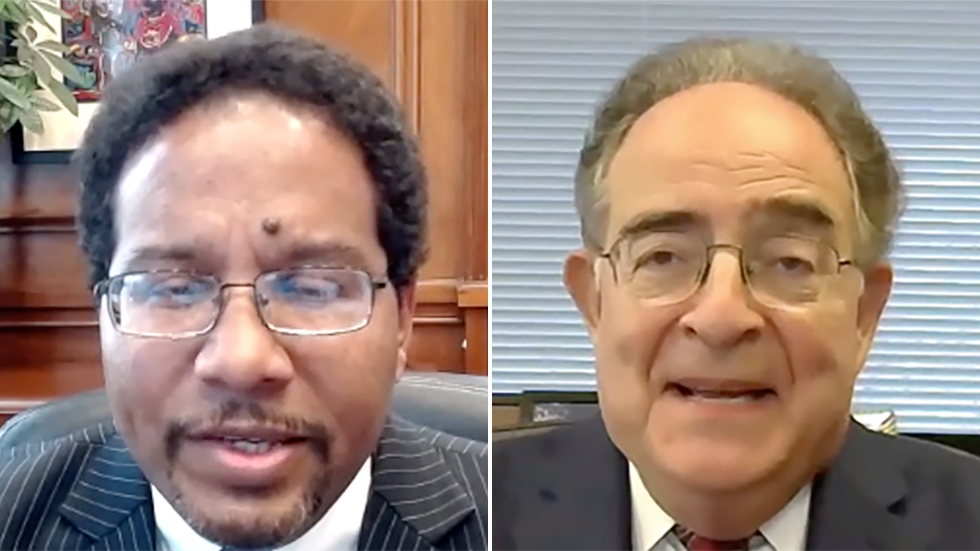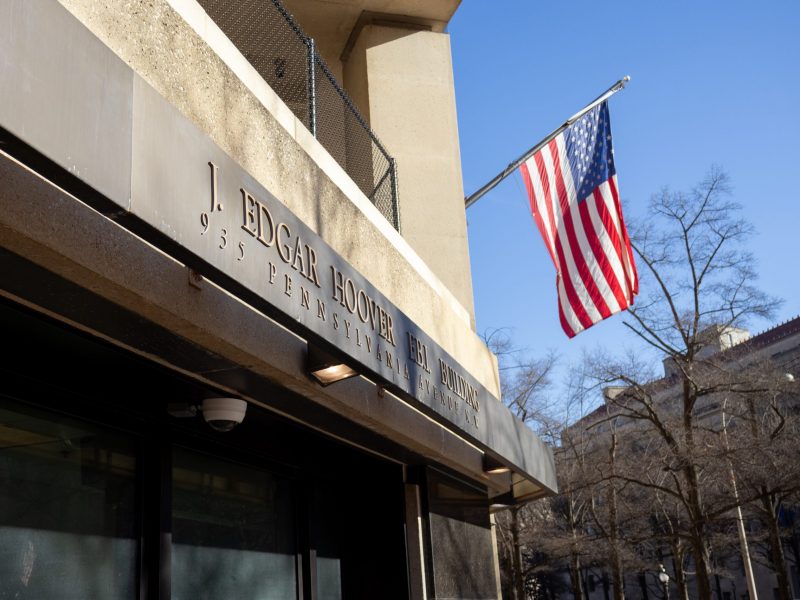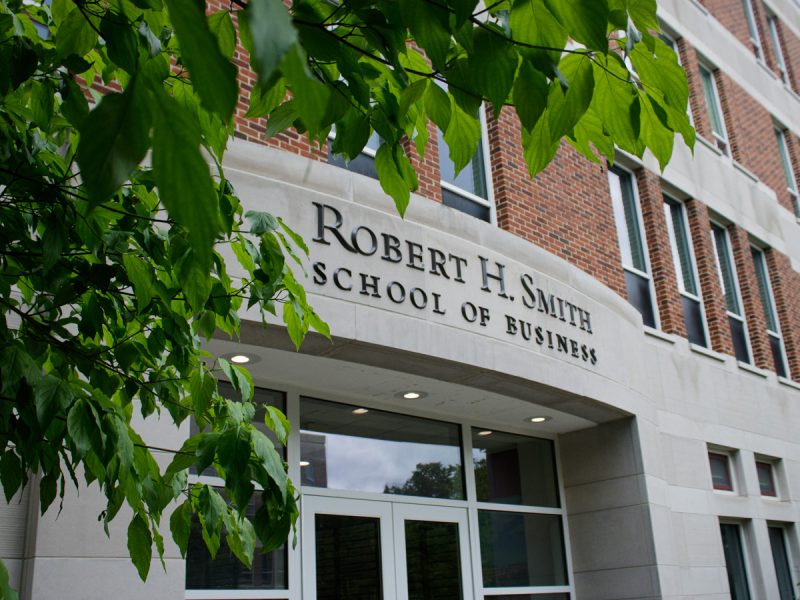University System of Maryland Chancellor Jay Perman and the system’s 12 university presidents came together for a multimedia campaign aimed at promoting the COVID-19 vaccinations, according to a press release from Wednesday.
The campaign is designed to increase vaccination credibility and highlight how the various university staff, faculty and students are helping out with the vaccine, according to the USM website. The campaign is also supporting the Maryland health department’s “GoVax” awareness campaign, which was also launched last week.
The presidents and chancellor released a statement, accompanied by a nearly four-minute video, that outlines the importance of trusting the vaccine, particularly since much of the distrust exists in communities of color. The university system wants all Marylanders to put trust in the vaccine, said the press release.
[Maryland lawmakers and USM employees speak on collective bargaining bill at hearing]
“Our presidents wanted to do this campaign. They wanted a strong joint statement that would demonstrate their confidence in the vaccines,” Perman said.
Within the statement, the chancellor and presidents also pledged to get vaccinated as soon as they are eligible, urging members of their communities to do the same.
Moderna and the National Institute of Allergy and Infectious Diseases began distributing their COVID-19 vaccine last month,once it gained the Food and Drug Administration’s approval. Maryland is currently in Phase 1C of vaccination, meaning that hospital and education staff, adults 65 and older and other groups are eligible for the vaccine.
University of Maryland, Baltimore County President Freeman Hrabowski and his wife participated in the University of Maryland medical school’s Center for Vaccine Development trials in order to build trust among communities of color.
[Workers call for improved COVID-19 guidelines across USM institutions in state hearing]
show people that it is the thing to do, it’s for the public good,” Hrabowski said in a video.
University of Maryland President Darryll Pines said he felt this was an important aspect of the campaign, but that it still required more effort. On college campuses, the campaign is just a starting point for a greater effort to have people of color get vaccinated.
For example, this university formed a task force within the University Health Center that aims to distribute accurate vaccine information in compliance with Centers for Disease Control and Prevention guidelines.
“We’ve still got a lot of work to do, because there’s still communities of color on our campus that have reservations about getting the vaccine for historical reasons, or for lack of communication,” Pines said.



